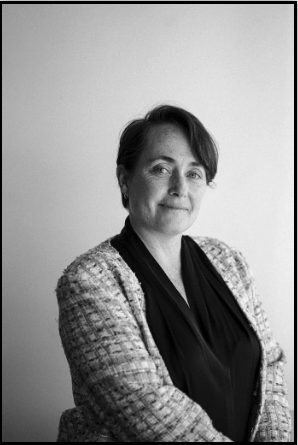Post-traumatic stress disorder can be an incredibly challenging condition to manage. People diagnosed with PTSD will often find it disruptive to their lives, and it can have a harmful effect on their performance at work or their relationships. Anyone suffering from the effects of PTSD should seek treatment as soon as possible.
Post-traumatic stress disorder, or PTSD, is a mental health disorder that develops after a person has experienced a traumatic or shocking event. Most people who experience some level of trauma may show signs or symptoms for a few days afterward. Individuals with PTSD continue to show long-term, or chronic, effects related to their trauma for extended periods. Without treatment, a person may suffer from symptoms associated with post-traumatic stress disorder for their entire life.
The brain and body will have a natural reaction to trauma. This is normal and based on an instinctual warning to avoid danger. However, people who develop PTSD have a change in their psychology that causes instinctual warnings of danger even when a threat is no longer present.
PTSD is a relatively new name for a condition that has always existed. Due to the traumatic events experienced during war or battle, soldiers have been suffering from post-traumatic stress disorder for a long time. During the First World War, soldiers were commonly diagnosed with being “shell shocked” after experiencing trauma. In the Second World War, the diagnosis was changed to being “battle fatigued”.
Due to the potency of fentanyl, symptoms of use are often strong. When injected, fentanyl will cause effects within seconds. Effects of fentanyl can be serious and cause a negative impact on a person’s mental and physical health. Some symptoms of fentanyl use include:
Arousal Symptoms
Arousal, also known as reactivity symptoms, are reactionary changes to situations caused by a traumatic experience. While arousal symptoms are generally based on reactions to other things, the symptoms are usually constant.
Arousal symptoms often lead to outbursts, sometimes violent, that can cause a variety of problems. Without treatment, many people with PTSD have trouble maintaining a relationship or fulfilling obligations at work due to arousal symptoms.
Arousal or reactivity symptoms include:
Re-Experiencing Symptoms
Re-experiencing symptoms are defined as sensory reactions that remind a person of their traumatic experiences. Unlike cognition and arousal symptoms, re-experiencing symptoms are not constant. Re-experiencing symptoms are based on triggering events, such as certain sounds, smells, or places.
Once the reaction has been triggered, a person suffering from PTSD will often feel that they are back in the moment of their trauma. This can be both incredibly scary for the individual and disruptive to their lives.
Examples of re-experiencing symptoms include:
Avoidance Symptoms
Avoidance symptoms are defined by an attempt to avoid situations that may trigger reactions or memories of trauma. Much like re-experiencing symptoms, avoidance symptoms are not necessarily constantly felt or noticed.
Avoidance usually occurs after re-experiencing symptoms begin. To prevent any further symptoms, a person suffering from PTSD will try to limit their exposure to circumstances that may be triggering. This method is an unhealthy attempt to manage PTSD symptoms and not a practical approach to treatment.
Avoidance symptoms include:
Despite post-traumatic stress disorder being most commonly associated with soldiers or people who experienced life-threatening trauma, anyone can develop PTSD. Post-traumatic stress disorder can be caused by any event terrifying enough for the person involved to be permanently affected.
Sexual assault and rape are events that can commonly lead to PTSD. Other events, including threats, bullying, car accidents, natural disasters, or any other dangerous or terrifying experience, can cause PTSD.
While post-traumatic stress disorder does not have a cure, treatment aims to reduce the symptoms interfering with daily life and have a harmful impact on physical or mental health. Treatment may involve a combination of psychotherapy and medication options.
Doctors may often prescribe antidepressants or mood stabilizers to lessen symptoms associated with PTSD. If the disorder is preventing sleep, it is possible sleeping medication may also be used. Due to the various options used to treat symptoms of PTSD, it may take time for your doctor to find the best medication to fit your needs.
Although medication can be helpful, it should not be considered a cure for the condition. Any medications prescribed should be viewed as one aspect of a broader treatment plan.
Several talk therapy options can help people overcome post-traumatic stress disorder. Cognitive behavioral therapy and dialectical behavior therapy can both help people manage their stress and regulate emotions associated with trauma. EMDR is also an alternative form of treatment specifically designed to help people overcome trauma.
At AM Health Care, we are to help you deal with your mental health in any way possible. We believe in designing a treatment plan that precisely suits your condition and your needs. Mental health disorders can be disruptive and potentially dangerous when left untreated, so there is no reason to wait any longer. Please call us today at 818-383-1297 to learn more about how we can help you and potential treatment options.
Our facilities that offer PTSD Treatment:

